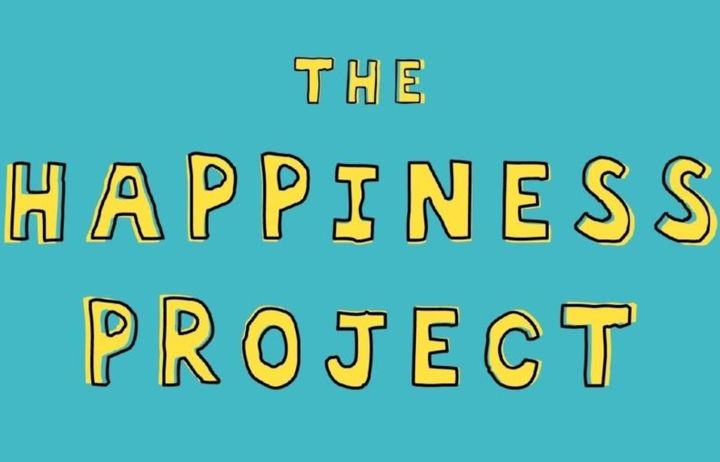We all have times when our mood is low, and we feel sad or fed up. Often these feelings happen for a reason and pass on their own. But if the feelings become so bad that they interfere with our daily life or if they last for several weeks or months, it might be depression.
There are many signs and symptoms of depression, and everyone's experience will vary. Common symptoms include feeling down or tearful, worthless, numb, finding no pleasure in life or things you usually enjoy, hopeless and despairing, or feeling tired all the time. You may also find yourself withdrawing from your usual activities/people in your life, experiencing a change in appetite, having difficulty sleeping or sleeping too much, using more tobacco, alcohol or other drugs than usual, or having suicidal thoughts or self-harming behaviours.
If you are experiencing suicidal or self-harming behaviours and need to speak with someone urgently, we encourage you to seek other sources of support
Below are some other resources and helplines that can support you in managing low mood or depression:
Sign up for our next 4-week Mood Boost course to learn techniques to help you better manage low mood and improve negative thinking patterns.
You can also take a look at our Self help guide for low mood and depression





